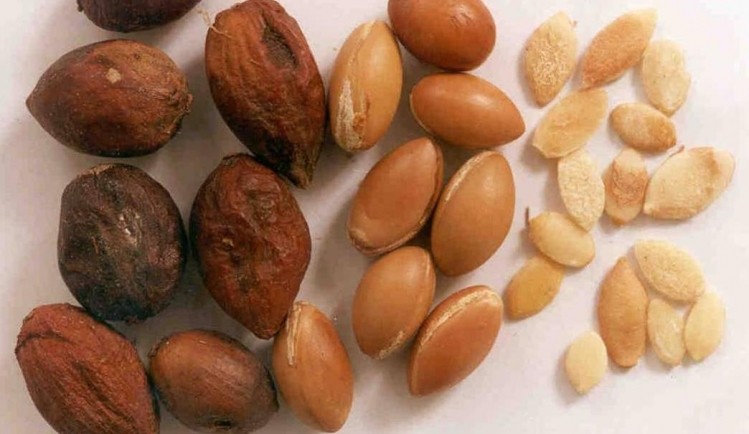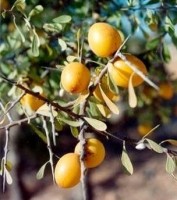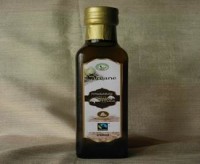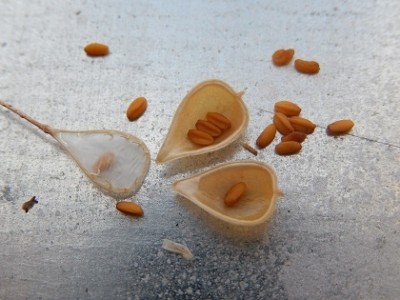Morocco’s argan oil story: Feminism, food and encroaching deserts

Professor Zoubida Charrouf of the Mohamed V. University in Rabat, Morocco has been researching the crop (Argania spinosa) native to Morocco for 40 years, founding the country’s first women’s co-operative back in 1996.
At the time she said conservative social norms meant the only women willing or able to work in the co-op were divorcees, while the Moroccan government was reluctant to invest, leaving Canada to step in and provide the kick-start funding.
But the tides had turned after her current network of 20 cooperatives succeeded in demonstrating an environmental, social and economic case for investment in the area, Professor Charrouf told FoodNavigator following her presentation at the 12th Euro Fed Lipid Congress in Montpellier.
The Moroccan government has now pledged investment that will see 100,000 hectares of argan trees planted by 2020, with production geared towards edible virgin oils as well as cosmetic and traditional medicinal ingredients. Beyond Charrouf’s project, there are presently 200 argan co-operatives in Morocco.
However, with this growing recognition came an encroaching threat of other producer countries like Niger, which had already started exporting ‘Moroccan oil’ to North America, and Algeria and Tunisia, which had planted trees but were yet to produce the oil.
For this reason she said it was important to up her co-ops’ production, which currently stood at 10,000 litres of oil annually of which only 1,000 litres was exported. With current methods it took 16 hours and 30-40 kilograms of the kernels to produce one litre of oil, something which explained its position as the world’s second most expensive oil after that of cactus. This could mean mechanising processes like cracking the shells, previously performed by hand by the women. Charrouf said this was necessary to keep up with the increasing global competition, and hoped
diversification into things like ecotourism would help maintain employment opportunities for the female workers while fairtrade certification would ensure good paying conditions as well as add a positive selling point for consumers.
Making a case for argan
At its beginning, the rate of illiteracy was around 90% for the female workers, while this now stood at about 40% thanks to integrated programmes, she said. Charrouf said this idea was key to the project, saying it gave women greater control over their incomes as well as enabled families to earn enough to send their children to school, which all the co-op women now did. She said many of the women wished to break a cycle of poverty and illiteracy they themselves had experienced.
However, this had not come without hurdles: "For cultural aspects, in this area women do not go outside the house."
This and the need to protect the indigenous tree were at the genesis of Charrouf’s research and co-op projects. Development of roads had seen a steady decline in the trees, which as well as being a source of income
for Morocco’s rural population were also responsible for keeping the country’s encroaching desert at bay.
Functional and fairtrade
Moving forward Charrouf had ambitions to make all the co-ops Fair Trade certified, with one centre already holding these labelling rights and two more being audited by the board today.
She also said that argan’s functional properties could hold potential, pointing to past research from Spanish scientists that had suggested virgin argan oil presented a higher polyphenol and tocopherol content and total antioxidant capacity compared to edible vegetable oils.
Meanwhile research by Charrouf and colleagues suggested: “Argan fruit polyphenols are good candidates to be exploited as health supplements and nutraceuticals.” Charrouf also said they had shown argan oil had a higher vitamin E content than olive oil.





















